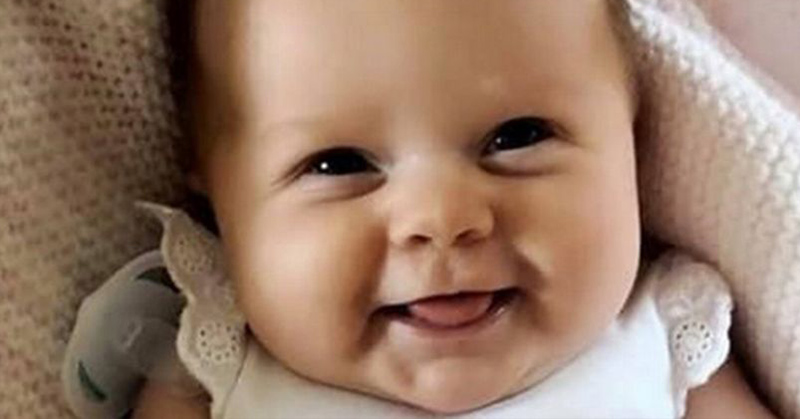A mom shares her story in order to bring awareness to the otherwise hushed up, Group B Strep. Even as a mother of three, Emily had never heard of the infection and is bothered by the lack of knowledge available for moms.
Group B Strep (GBS) is a type of bacteria which is naturally found in the digestive and lower reproductive tracts of both men and women. In pregnancy, about 1 in 4 women are colonized with GBS (1). While this diagnosis isn’t necessarily bad, as anyone can carry GBS. In pregnancy, there’s a potential that the baby can be infected by GBS before birth and for up to several months of age, due to their underdeveloped immune systems (1).
Most commonly GBS causes an infection in the blood (sepsis), the fluid and lining of the brain (meningitis), and lungs (pneumonia). Some GBS survivors experience handicaps such as blindness, deafness, mental challenges, and/or cerebral palsy (1).
Only a few babies who are exposed to GBS become infected, but GBS can cause babies to be miscarried, stillborn, or become very sick and sometimes even die after birth(1).
Fortunately, most GBS infections can be prevented after birth if women who have tested positive for Group B Strep receive at least 4 hours of intravenous antibiotics prior to delivery (1).
Emily’s 3-month old daughter, Fleur was completely fine and happy when she went to sleep in her cot alongside her parents. But the 13-week old never woke up.
Doctors were surprised by Fleur’s death because even a spinal tap showed no sign of infection, it was a post mortem at Great Ormond Street Hospital for children that found Group B Strep (2).
Fleur had been featured in a happy family photo just hours earlier, and been feeding normally and laughing. But she deteriorated over the course of the night. Emily said: “She went to sleep completely happy and normal. No temperature. There was not a single thing wrong. She never woke up.” (2)
In the US and Canada it recommended that all pregnant women be tested for GBS during prenatal care (4, 5). However, in the UK, where this incident occurred, GBS testing is not routinely offered (6). Late-onset GBS, which can occur within a week or a few months of delivery, could be passed on either during delivery or through contact with someone who has GBS. The most common symptom of late-onset GBS is meningitis.
According to Emily, “Fleur had been held and kissed by lots of people that day – probably somebody held her who hadn’t washed their hands after using the washroom”.
Now Emily is trying to warn as many parents as she can about the infection. Her grieving family and friends are holding a ‘Fleur’s First Birthday’ event to raise awareness of the condition that killed her.
In the UK, a trail is now being conducted at 80 hospitals to address at ‘high-risk mothers’ (7). The study will also help to see which type and if routine screening is something that should be utilized by their National Health Service (NHS) (7). Hopefully, whatever is found/decided, it leads to preventing more of these unfortunate deaths.
To learn more about Group B Strep (GBS) check out the CDC’s Prevention Guidelines.
Sources
- Group B Strep Infection https://www.marchofdimes.org/complications/group-b-strep-infection.aspx
- Mum’s warning after ‘healthy’ baby dies just hours after smiling in happy photo https://www.mirror.co.uk/news/mums-warning-after-healthy-baby-14991843
- Mom shares last photo of ‘healthy’ newborn taken hours before undetected group B strep death https://www.foxnews.com/health/mom-shares-last-photo-of-healthy-newborn-taken-hours-before-undetected-group-b-strep-death
- 2010 Guidelines for the Prevention of Perinatal Group B Streptococcal Disease https://www.cdc.gov/groupbstrep/guidelines/guidelines.html
- Group B Strep Screening https://www.pregnancyinfo.ca/your-pregnancy/routine-tests/group-b-streptococcus-screening/
- Hospitals to test mums-to-be for risky strep B https://www.bbc.com/news/health-48252619

